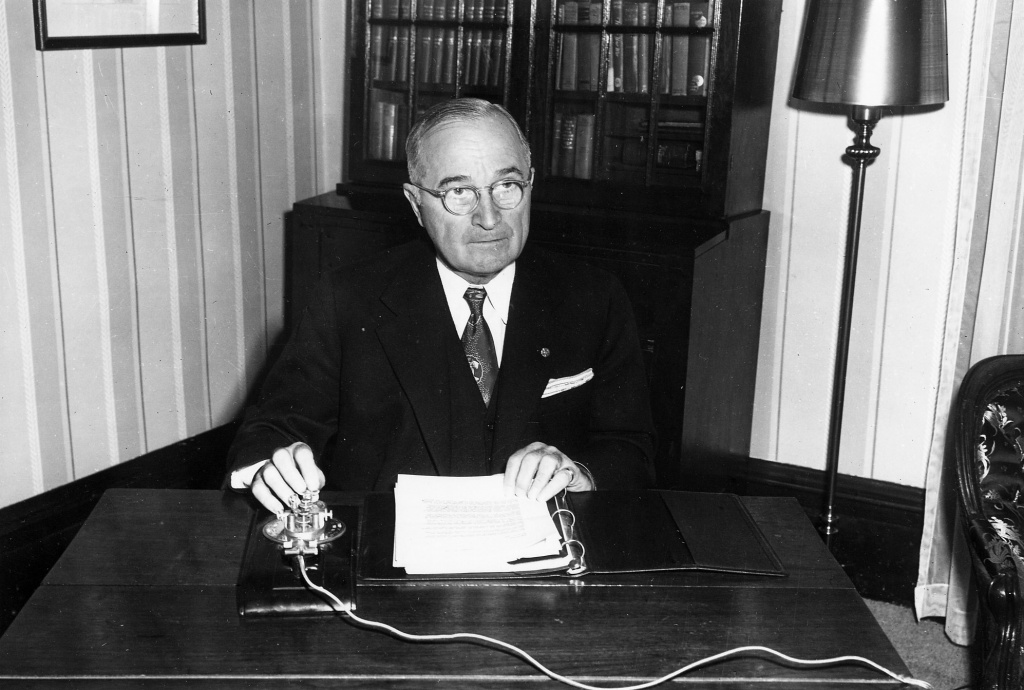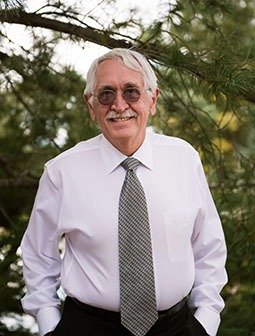News
Special Report No.2 “US ENTRY INTO THE KOREAN WAR: ORIGINS, IMPACT, AND LESSONS” presented to the Project “Reducing the risk of Nuclear Weapons Use in Northeast Asia” published
2021-12-16
It is published simultaneously by RECNA-Nagasaki University, Asia Pacific Leadership Network for Nuclear Non-proliferation and Disarmament (APLN), and Nautilus Institute.

US ENTRY INTO THE KOREAN WAR: ORIGINS, IMPACT, AND LESSONS
A Special Report Prepared for the
Project on Reducing the Risk of Nuclear Weapons Use
in Northeast Asia (NU-NEA)
Co-sponsored by
Research Center for Nuclear Weapons Abolition, Nagasaki University (RECNA)
Asia Pacific Leadership Network for Nuclear Non-Proliferation and Disarmament (APLN)
Nautilus Institute
with collaboration of Panel on Peace and Security of Northeast Asia (PSNA)
Additional funding by the MacArthur Foundation
December 16, 2021
James I. Matray
This article describes the reasons for the outbreak of the Korean War and US entry into the conflict. At the end of World War II, the United States and the Soviet Union divided Korea into two zones of military occupation. Cold War discord between the two nations blocked agreement to end the division, resulting in formation of two Korean governments each bent on reunification. Soviet Premier Joseph Stalin reluctantly supported the Democratic People’s Republic of Korea’s invasion of the Republic of Korea on 25 June 1950 after Kim Il Sung persuaded him that victory would be quick and easy. President Harry S. Truman immediately saw the attack as the first step in a Soviet plan to use military means to achieve global dominance, but he initially ordered limited US military intervention, maintaining a prewar policy of qualified containment in Korea. When the Republic of Korea failed to halt the invasion, he sent US ground forces to prevent the Communist conquest of the peninsula. Truman wanted to avoid another world war and did not consider use of atomic weapons until China intervened. This article concludes that resumption of the Korean War is unlikely because of the US treaty commitment to defend the Republic of Korea and the weakness of the Democratic People’s Republic of Korea.
Keywords:
Korean War, Harry S. Truman, ROK, DPRK, United States.
Authors’ Profile:

James I. Matray, PhD, is emeritus professor of history at California State University, Chico, where he was History Department chair from 2002 to 2008. His publications focus on US-Korean relations after World War II. He has written or edited nine books and publishing over fifty scholarly articles and book chapters. Author of The Reluctant Crusade: American Foreign Policy in Korea, 1941-1950, Matray’s latest major publication is Crisis in a Divided Korea: A Chronology and Reference Guide (2016). He also is editor-in-chief of the Journal of American-East Asian Relations. His current research project investigates the Battles of Pork Chop Hill.



